Search engine optimization (SEO) remains crucial in 2025. Businesses still rely on organic search for visibility. The digital landscape evolves rapidly. SEO adapts to these changes and continues to deliver value.
Why SEO Still Matters
Search engines drive over 60% of all website traffic. Organic clicks cost nothing per visit. Users trust top-ranking results more. This trust often translates into higher conversion rates.
Mobile and voice search grew exponentially in recent years. Google’s algorithm updates favor fast, user-friendly sites. SEO best practices now include core web vitals and semantic search optimization. Companies that ignore these shifts risk losing share.
Key Benefits of SEO Services
Professional SEO services offer expertise and consistency. Agencies bring specialized tools and proven methodologies. They handle keyword strategy, technical fixes, and content creation. This frees internal teams to focus on core business activities.
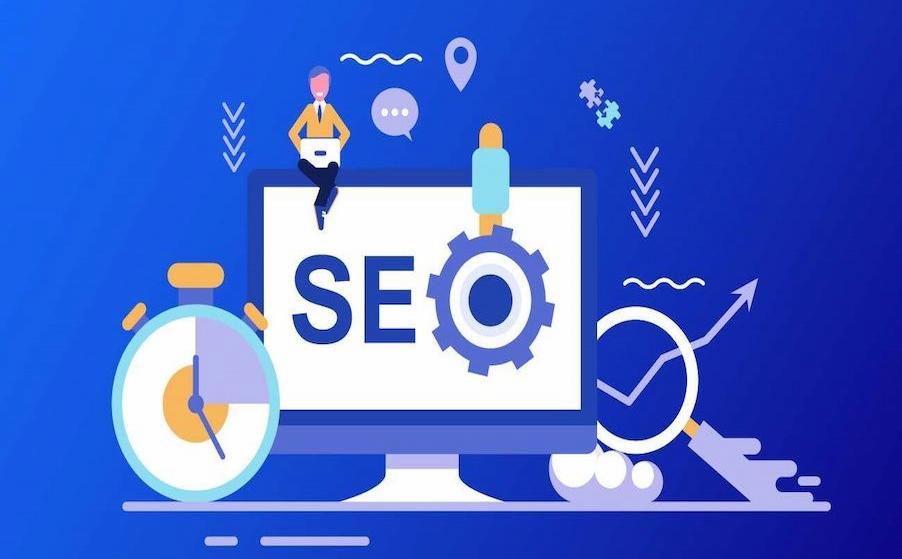
Ongoing SEO results compound over time. Each piece of quality content adds value and builds authority. Link-building campaigns establish trust signals. Local SEO tactics drive foot traffic for brick-and-mortar businesses.
Cost vs. Return on Investment
SEO fees range widely: $1,000 to $20,000 per month. ROI depends on industry, competition, and budget. Small businesses may see a 3X return within six months. Larger enterprises often scale to 5X or more over a year.
Compare this to paid ads, where costs stop when budgets end. SEO yields evergreen traffic. A single high-ranking article can attract visitors for years. This amplifies ROI as content continues to rank.
Common Misconceptions
“SEO is dead” is a persistent myth. Search engines still dominate discovery. SEO evolves rather than disappears. Techniques like keyword stuffing have been replaced by quality-first content strategies.
Guaranteed rankings are another misconception. No ethical agency can promise first-page placement. Reputable providers set realistic goals and transparently report progress. Focus on measurable metrics: traffic, leads, and revenue.
How to Choose the Right Agency

Begin with case studies that demonstrate relevant success. Check client testimonials for cultural fit and communication style. Ask for sample reports to gauge transparency and clarity. Ensure the provider uses white-hat tactics aligned with search engine guidelines.
Evaluate tools and processes. Providers that utilize data-driven methods often outperform competitors. Look for agencies comfortable integrating with your marketing stack, including analytics platforms, CMS, and CRM systems.
Measuring Success in 2025
Key performance indicators (KPIs) include organic sessions, goal completions, and keyword rankings. New metrics such as featured snippet ownership and voice-search share have emerged. Monitor Core Web Vitals and bounce rates for user experience insights.
Dashboards powered by tools like Google Data Studio or Power BI help visualize data. Real-time monitoring uncovers trends early. Frequent reporting—monthly or biweekly—keeps stakeholders informed and aligned.
Real-World Case Studies
A regional law firm invested $2,000 monthly and saw a 150% rise in organic leads within five months. Paperless consultations increased by 120%, reducing acquisition costs by 40%. The firm expanded to new practice areas based on keyword insights.
A healthcare startup focused on long-tail keywords and local SEO. They achieved a 300% boost in appointment bookings. Patient acquisition cost dropped by 50% compared to paid ads. The startup’s continuous content strategy fueled growth.
When SEO Might Not Be Worth It
Short-term campaigns rarely justify full-scale SEO investment. If you need immediate traffic spikes for a one-week event, paid ads excel. Niche markets with minimal search volume may not see ROI. Always analyze search demand before committing.

Unethical agencies can do more harm than good. Black-hat tactics risk penalties and deindexing. Low-budget providers may lack the expertise to adapt to algorithm changes. Choose partners carefully to avoid setbacks.
DIY SEO vs. Professional Services
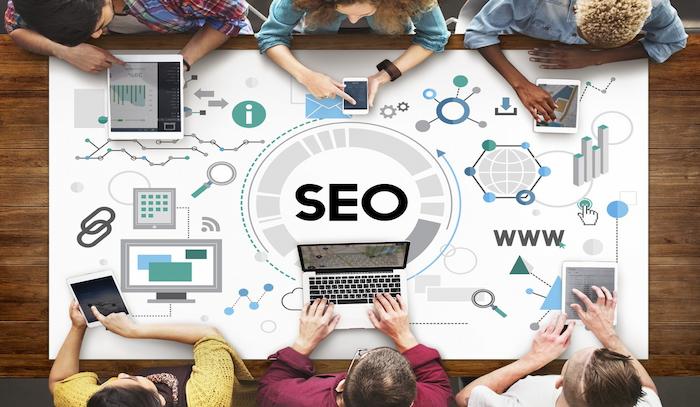
DIY SEO suits bloggers and small hobby sites. Free tools like Google Search Console cover basic audits. Beginners can learn from online courses. However, scaling requires time and expertise.
Professional services provide strategic planning and execution. Outsourcing technical audits saves internal resources. Agencies manage outreach, content calendars, and competitive analysis. This leads to faster, more sustainable growth.
Future Trends Impacting SEO
Artificial intelligence reshapes content creation and personalization. AI-driven tools assist with topic research and content briefs. Search engines use machine learning to understand intent better.
Visual search and augmented reality (AR) are on the rise. Optimizing for image SEO becomes essential. Structured data markup improves rich result eligibility, driving higher click-through rates.
Conclusion
SEO remains a high-value investment in 2025. It drives sustainable traffic and bolsters brand authority. While costs vary, ROI often outpaces paid channels over the long term. Carefully select an agency that aligns with your goals.
Start with an audit to identify quick wins. Set clear KPIs and realistic timelines. Combine short-term paid strategies with long-term SEO for maximum impact. Monitor performance closely and refine tactics as you progress. Are SEO services worth it in 2025? For most businesses, the answer is a definitive yes.

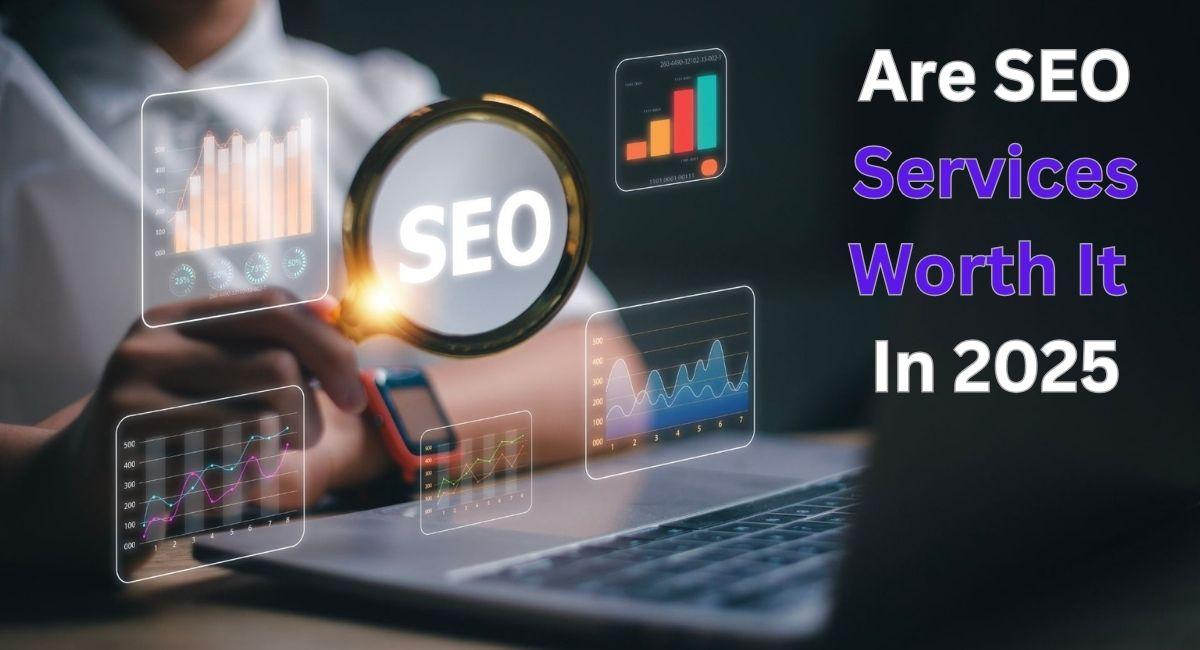




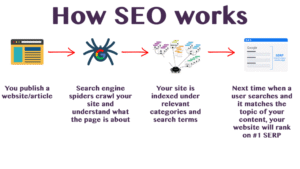
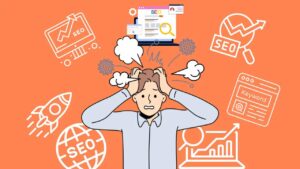

Add comment
You must be logged in to post a comment.